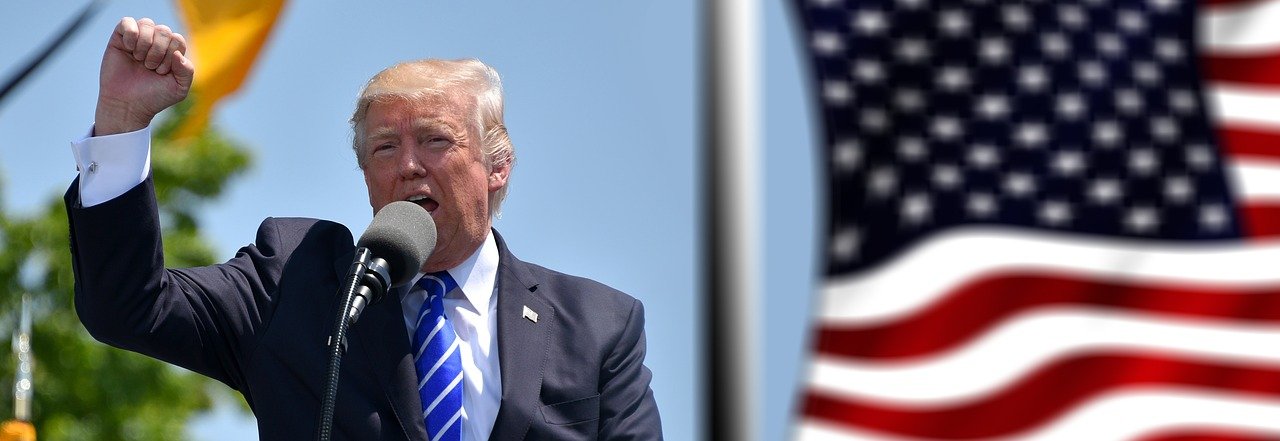When New York became the 26th state to sue pharmaceutical companies over the nation’s ongoing opioid epidemic, it could be said, for the first time, that the majority of states have taken legal action against opioid manufacturers and/or distributors.
Now, however, it seems that a federal lawsuit may soon be joining the growing body of state lawsuits. In August of 2018, President Trump indicated his desire to bring a lawsuit at the federal level, as opposed to joining the existing and ongoing litigation against opioid drugmakers and distributors.
In reporting by Bloomberg, it was revealed that President Trump recognized some states have already taken legal action. Still, he noted that he would also like a lawsuit to be brought against these companies that would send a strong message that the high levels of opioid addiction should not be happening. According to Trump, "people go into a hospital with a broken arm" and come out of the hospital a "drug addict."
The President’s sentiments on the subject are reinforced by CDC and National Center for Health Statistics data that estimate nearly 72,000 Americans died from opioid overdoses in 2017. To reinforce the scale of these harms, one year of opioid overdose deaths exceeds the number of American lives lost during the entire Vietnam War.
However, it should be noted that President Trump did not go into any further detail about a possible federal lawsuit against these drugmakers. He has, however, asked the Justice Department to look into the synthetic opioids imported into the country from China.
Trump Requested Attorney General Sessions to Look Into Ways to Legally Prevent Opioid Imports
In March of 2018, Trump also expressed an interesting in suing pharmaceutical companies over the opioid crisis, rather than just joining state lawsuits (the federal government is, however, involved in some of the state lawsuits that have been filed). Attorney General Sessions said that indictments against Chinese opioid distributors have been returned, while noting that smuggled opioid imports were still getting through.
It is difficult to know what the level of federal involvement will be, particularly since President Trump has previously advocated for extreme penalties to curb the crisis. One such moment occurred when President Trump controversially praised Singapore’s death penalty for convicted drug dealers who are high-volume traffickers.
Controversial remarks aside, Bloomberg and other outlets have reported that Chinese opioid imports have indeed contributed to a rise in U.S. overdose deaths, as Americans increasingly rely on these imports instead of prescription pills.
What Potential Federal Litigation and Ongoing State Lawsuits May Mean for Opioid Victims
If the federal government files its own lawsuit against pharmaceutical companies and other opioid companies, it seems likely that opioid litigation will continue to be consolidated even further.
This does not mean, however, that individual victims may not also be entitled to a private legal claim. For example, thousands of opioid lawsuits have been filed by individuals and families against both doctors and corporations alike.
Many of these claims have been brought by families who have lost loved ones to opioid overdose and addiction. Given the complexity of this still-developing legal landscape, it is wise to decide on the best legal strategy and course of action after discussing your claim with an opioid overdose lawyer at The Ledger Law Firm.
Our nationally recognized firm represents victims of the opioid crisis in all 50 states, so contact us online for a free case evaluation to discuss your right to deserved compensation with a Ledger Law opioid attorney today.




